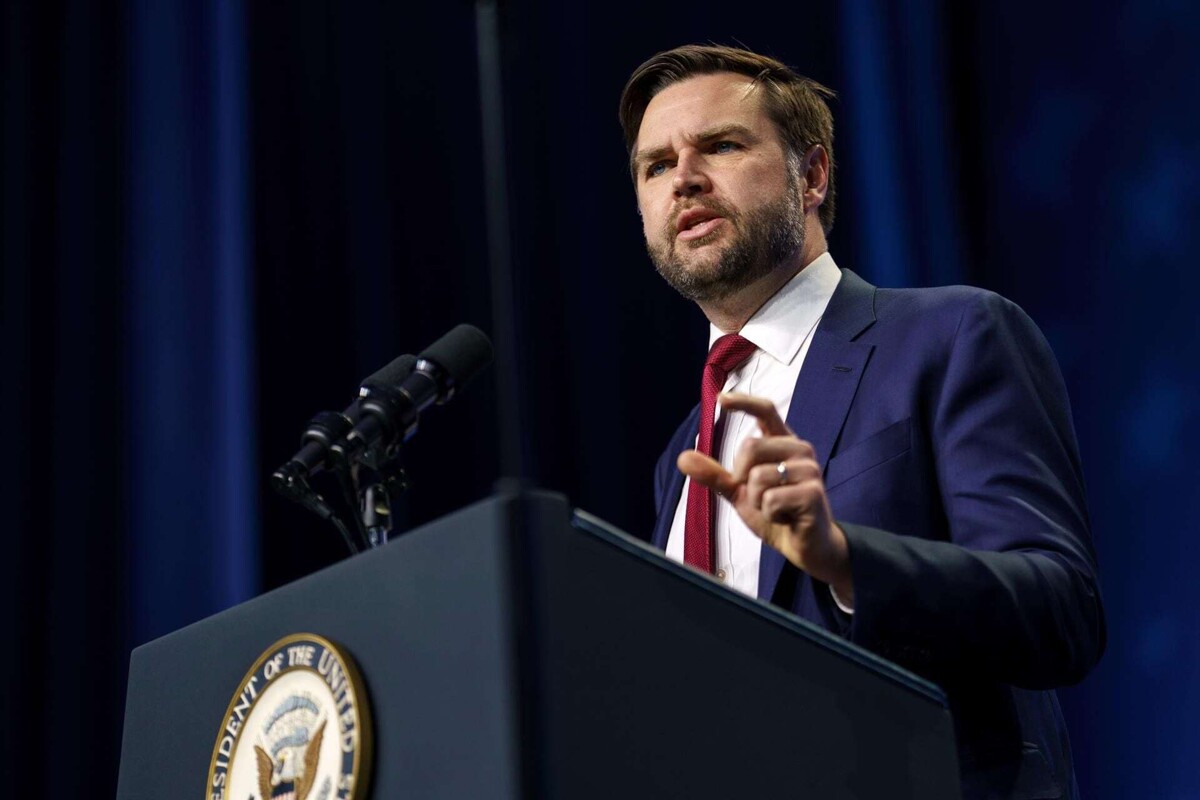
The Vice President of the United States, JD Vance, assured today that his government does not seek a negative relationship with Mexico and urged the neighboring country to take seriously the threat from drug cartels, six of which were recently designated as terrorist groups by Washington.
During his first official visit to the southern border, Vance expressed: “We want the Mexican government to help itself, and also in the process help Americans by taking these organizations seriously.”
The United States designated six Mexican cartels, including the Sinaloa and Jalisco New Generation, as terrorist groups in late February, generating controversy and criticism from President Claudia Sheinbaum, who considered the measure as interference.
Vance, at a press conference in Eagle Pass (Texas), explained that this designation will allow employing the full powers of the military to secure the border; however, he refrained from detailing the specific actions that the military would take.
Regarding possible interventionism in Mexican territory, Vance mentioned: “We hope that Mexico confronts the cartels, but if they do not, then obviously we will see what to do.”
For her part, in response to the imposition of tariffs on Mexico by former president Trump, Sheinbaum announced retaliatory measures and rejected what she considers U.S. interference in the internal affairs of the country.
Regarding the fight against fentanyl, the president emphasized in a press conference her commitment to combating organized crime and drug trafficking, always under Mexico's terms and without yielding to external pressures that put the country’s autonomy at risk.
Fentanyl seizures at the Mexican border have decreased in the last four months, recording a 50% reduction in January 2025 compared to October 2024, according to official data. A decrease in fentanyl-related overdose deaths has also been observed for the first time since 2018.
When asked if Washington considers intervening in Mexican territory, the vice president specified no, highlighting a 14.5% reduction in fentanyl overdose deaths in the United States according to the DEA.











